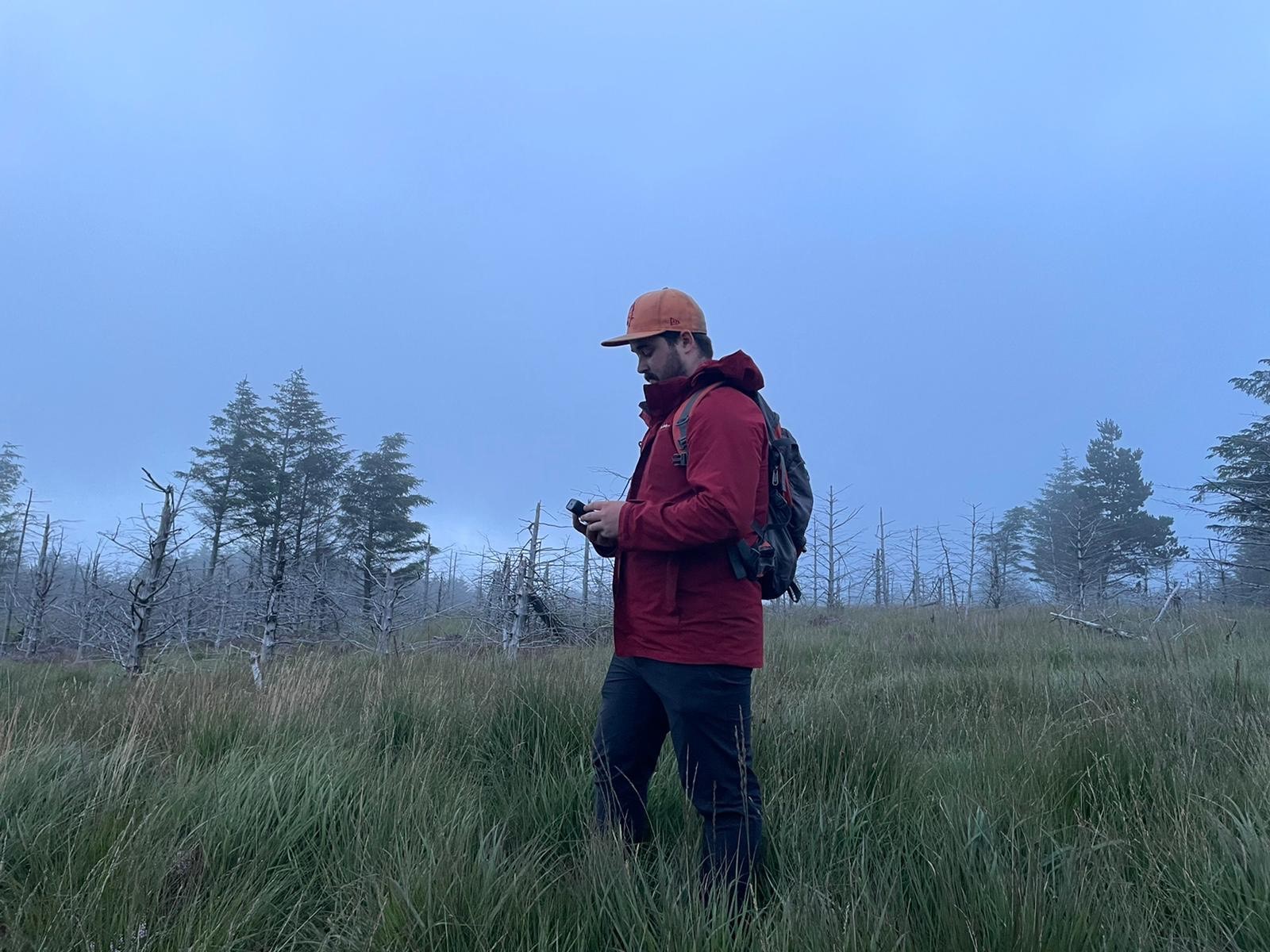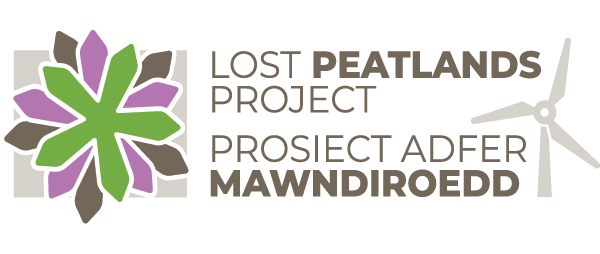Peatland restoration is a hot topic at the moment and for good reason. Returning peatbog systems to their natural state contributes to climate change mitigation efforts and addresses biodiversity decline.
To restore our peatlands properly, the sharing of knowledge is crucial and the scientific community plays an important role in identifying how best to go about this work.
For our peatland sites, we’re working on previously afforested sites (that’s areas where forestry once was but has now been felled and sold), and although some fantastic work has already been done, there are still questions which need answering. Evidence gaps in the scientific literature have been identified and the Lost Peatlands project will be able to address these through our Monitoring Strategy.

Swansea University, a key partner in this project, will be carrying out an extensive research programme at our peatland sites. In order to measure the success of our restoration works and to feed into the wider evidence base, we’re going to be looking at the following:
- Water levels in the peat
- Water quality and carbon loading
- Water and peat chemistry
- Vegetation community change including Sphagnum and conifer growth
- Peat condition
- Soil carbon
- Standardised assessment for national level monitoring
In addition to this, we will be conducting regular surveys for breeding birds, bats, invertebrates, nightjar, water voles and other species of importance within our sites. We will be running training and volunteering events where you can contribute to this aspect of the monitoring, so please contact LostPeatlands@npt.gov.uk to find out more.
